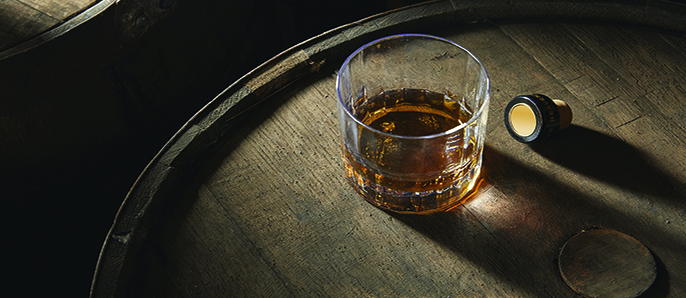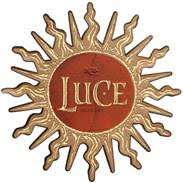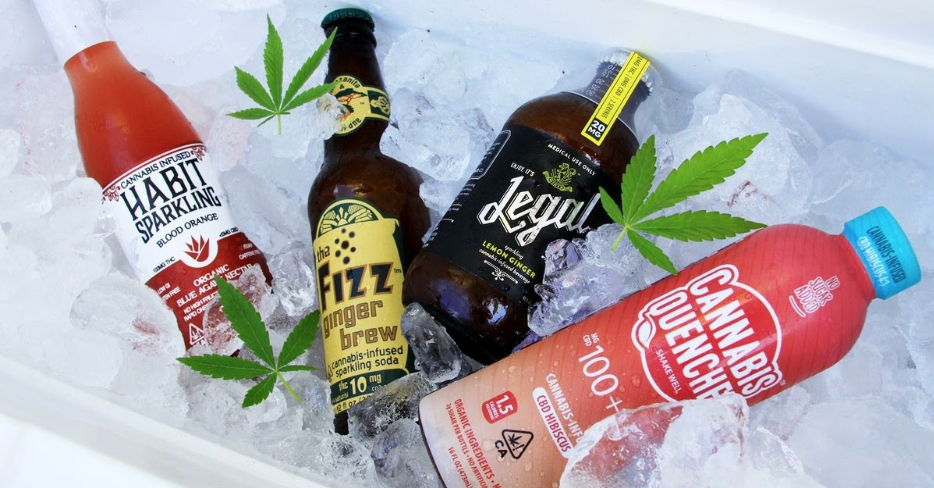Fetzer Vineyards Announces Installation of Regenerative BioFiltro BIDA® Water Filtration System, Using Worms & Microbes to Treat Winery Wastewater
Leading Regenerative Business Is First American Winery to Use Innovative Water System at Scale

Fetzer Vineyards, a leader in regenerative winegrowing, is revolutionizing the way U.S. wineries conserve water, announcing today that it will install the BioFiltro BIDA® System at its Mendocino winery. In doing so, Fetzer Vineyards will become the first American winery to use the innovative, closed-loop biological wastewater treatment system to process 100% of its winery wastewater. Powered by billions of earthworms working rapidly in concert with beneficial microbes, the BIDA® System will begin processing Fetzer Vineyards’ wastewater during the 2016 harvest season, accruing energy savings up to 85% over current wastewater treatment technologies and optimizing water conservation measures in support of the fight against climate change.
“It’s essential that we constantly ask ourselves if there is a better, more efficient and more regenerative way to approach our business, including the way we work with water,” said Giancarlo Bianchetti, CEO of Fetzer Vineyards. “BioFiltro offers a compelling process that aligns with our business goals as well as our overarching objective to leave the world a better place than we found it.”
 Implementing the BioFiltro BIDA® System
Implementing the BioFiltro BIDA® System
BioFiltro’s patented BIDA® System is a passive aerobic bioreactor that catalyzes the digestive power of microbes and selected species of red earthworms to naturally remove up to 99% of contaminants from Fetzer Vineyards’ wastewater, in as little as four hours. The chemical-free system consumes significantly less electricity than traditional wastewater treatment technologies like aeration ponds, which require constant electricity to pump and circulate water. The BIDA® System works efficiently year-round in spite of seasonal fluctuations in wastewater flow like those seen in the wine industry, and generates compost-enhancing castings from worm digestion, returning nutrients to the soil.
Working with Worms to Fight Climate Change
Global studies show that water scarcity and water stress are increasing, and as much as 15% to 35% of human withdrawals of water for agriculture are considered unsustainable.1 Achievement of climate change-related commitments like those made at last year’s Paris Climate Conference (“COP21”) will require that businesses strategically manage their water footprints for maximum efficacy while mitigating negative impacts. Natural, regenerative solutions such as the BIDA® System offer a new paradigm for water treatment systems, delivering closed-loop mechanisms that efficiently process wastewater on site and restore it to beneficial use, without significant energy output or emissions.
Innovating Towards Water Positive Operations
“Innovating to naturally manage our water footprint is an important step in our journey to become Water Positive, essential to our goal of Net Positive operations by 2030,” said Josh Prigge, Director of Regenerative Development for Fetzer Vineyards, who recently advocated for carbon-neutral winegrowing practices on a global scale at COP21. “With this new system we’ll treat some 15 million gallons of water a year, with significant efficiency gains—and bring things full-circle with enhanced compost for our soils and clean water for vineyard and landscape irrigation. It’s a win-win.”
Research shows that a majority of global consumers, and especially Millennials, support companies that are committed to minimizing environmental impacts and that prioritize sustainable approaches to operations.2 To share more about its water initiatives, Fetzer Vineyards developed a new page on its website containing facts about agricultural water use and details about the company’s water policy support. Visit fetzer.com/waterfor more on Fetzer Vineyards’ water initiatives, including its adoption of BioFiltro’s BIDA® treatment system and its support for water conservation research and advocacy through collaborations with groups like the Beverage Industry Environmental Roundtable (BIER) and Ceres’ Connect the Drops, both of which were commended for their water policy efforts at the White House Water Summit on Building a Sustainable Water Future in the United States on March 22, 2016.
1 Source: UNWater.org: World Business Council for Sustainable Development, Water Facts and Trends
2 Source: 2015 Nielsen Global Corporate Sustainability Report
About Fetzer Vineyards
A pioneer in regenerative winemaking, Fetzer Vineyards continues its legacy of hard work, rebellious thinking and crafting wines that make a difference. Since its founding in 1968, Fetzer Vineyards has consistently developed and implemented practices that are environmentally friendly, socially responsible and ultimately regenerative, becoming the world’s largest winery to receive B Corporation certification, in 2015. B Corp certification standards, developed by the non-profit B Lab, are widely recognized as the highest standards for social and environmental responsibility in business. Ultimately, Fetzer Vineyards strives for the perfect relationship between land, climate and vine to regenerate communities and bring wines of remarkable quality and character to the table. Fetzer.com
About BioFiltro
BioFiltro is an international wastewater filtration company with subsidiaries operating in the United States, New Zealand, and Chile. Its patented BIDA® System catalyzes the digestive power of microbes and worms to naturally remove up to 99% of contaminants from liquid waste in 4 hours. As a chemical and sludge free system that consumes up to 95% less electricity than traditional wastewater technologies, the BIDA® System enables clients to not only significantly reduce wastewater management costs and environmental footprint, but also showcase their commitment to sustainability. The BIDA® System is currently operating in over 130 plants worldwide and has filtered more than 27 billion gallons of sanitary and industrial organic liquid waste. BioFiltro has appeared in The Wall Street Journal, Thomson Reuters, and won the Global Clean Tech Open in Silicon Valley in 2011. BioFiltro.com








